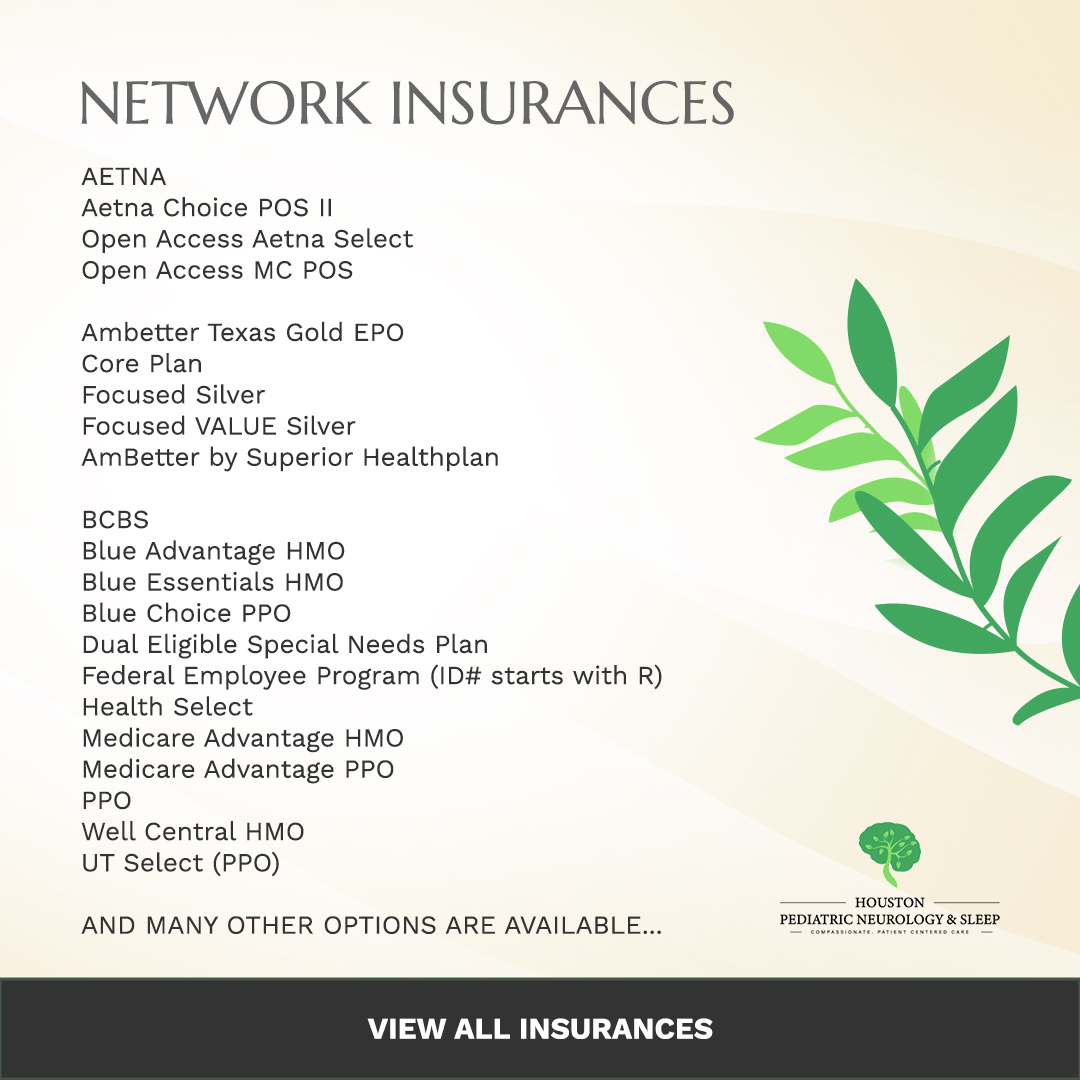
Understanding your child’s development is essential, especially when it comes to recognizing potential neurological issues. Pediatric neurological disorders can affect a child’s brain, spinal cord, nerves, or muscles. While some symptoms may seem mild at first, early identification is key to ensuring timely treatment and better long-term outcomes.
Autism Spectrum Disorder (ASD)
Autism Spectrum Disorder is a developmental condition that affects communication, social interaction, and behavior. Children with ASD may show limited eye contact or a lack of interest in social engagement. Speech or language development may be delayed, and they may engage in repetitive behaviors or insist on rigid routines. Difficulty understanding social cues is also common. Early recognition is important for accessing early intervention services.
Cerebral Palsy
Cerebral palsy is a group of disorders that affect a child’s movement, posture, and muscle tone, commonly resulting from brain damage occurring before or during birth. Early signs of cerebral palsy often include delays in reaching key motor milestones such as sitting, crawling, or walking. Parents may also notice unusually stiff or floppy muscle tone, a preference for using one side of the body more than the other, or persistent issues with coordination and balance.
Attention-Deficit/Hyperactivity Disorder (ADHD)
ADHD is a common neurodevelopmental disorder characterized by a persistent pattern of inattention, impulsivity, and hyperactivity that interferes with daily functioning. Children with ADHD often have trouble focusing or completing tasks, may be overly fidgety or talkative, and tend to act without thinking. They may also struggle to follow directions or stay organized, which can affect both school performance and social relationships.
Developmental Delay
Developmental delay refers to a noticeable lag in one or more areas of a child’s development, such as speech, motor skills, or social interaction. Children experiencing developmental delays may not respond to sound or visual cues appropriately, have limited verbal communication or babbling, and display poor coordination or muscle control. They might also struggle to engage in play or interact with peers in age-appropriate ways.
Epilepsy (Seizures)
Epilepsy is a neurological disorder marked by recurrent seizures due to abnormal brain activity. While some people associate seizures with dramatic convulsions, early symptoms in children can often be more subtle. These may include episodes of staring or brief unresponsiveness, sudden jerking movements, confusion or loss of awareness, and unusual sleep patterns or ongoing fatigue. Recognizing these signs early can help initiate appropriate medical evaluation and care.
Sleep Disorders
Sleep disorders in children, especially those with a neurological basis, can affect their cognitive function, mood, and overall well-being. Warning signs to look out for include frequent night awakenings, difficulty falling asleep, loud snoring, or breathing interruptions during sleep. Children may also show signs of excessive sleepiness during the day or have trouble waking up in the morning, which can affect their energy and focus throughout the day.
The Importance of Early Evaluation
Many neurological disorders present during infancy or early childhood. Recognizing subtle signs and seeking help from a pediatric neurologist can make a significant difference in your child’s health and development. Early diagnosis allows for personalized care plans, therapies, and interventions that support better outcomes. At Houston Pediatric Neurology & Sleep, Dr. Samiya Ahmad provides compassionate and comprehensive evaluations for children experiencing developmental, behavioral, or neurological concerns.
If you have concerns about your child’s development, behavior, or sleep patterns, contact Houston Pediatric Neurology & Sleep to schedule a consultation and take the first step in supporting your child’s health and well-being. Visit our office in Houston or Sugar Land, Texas, call (832) 252-9320 or book online at www.pedneurosleep.com.









